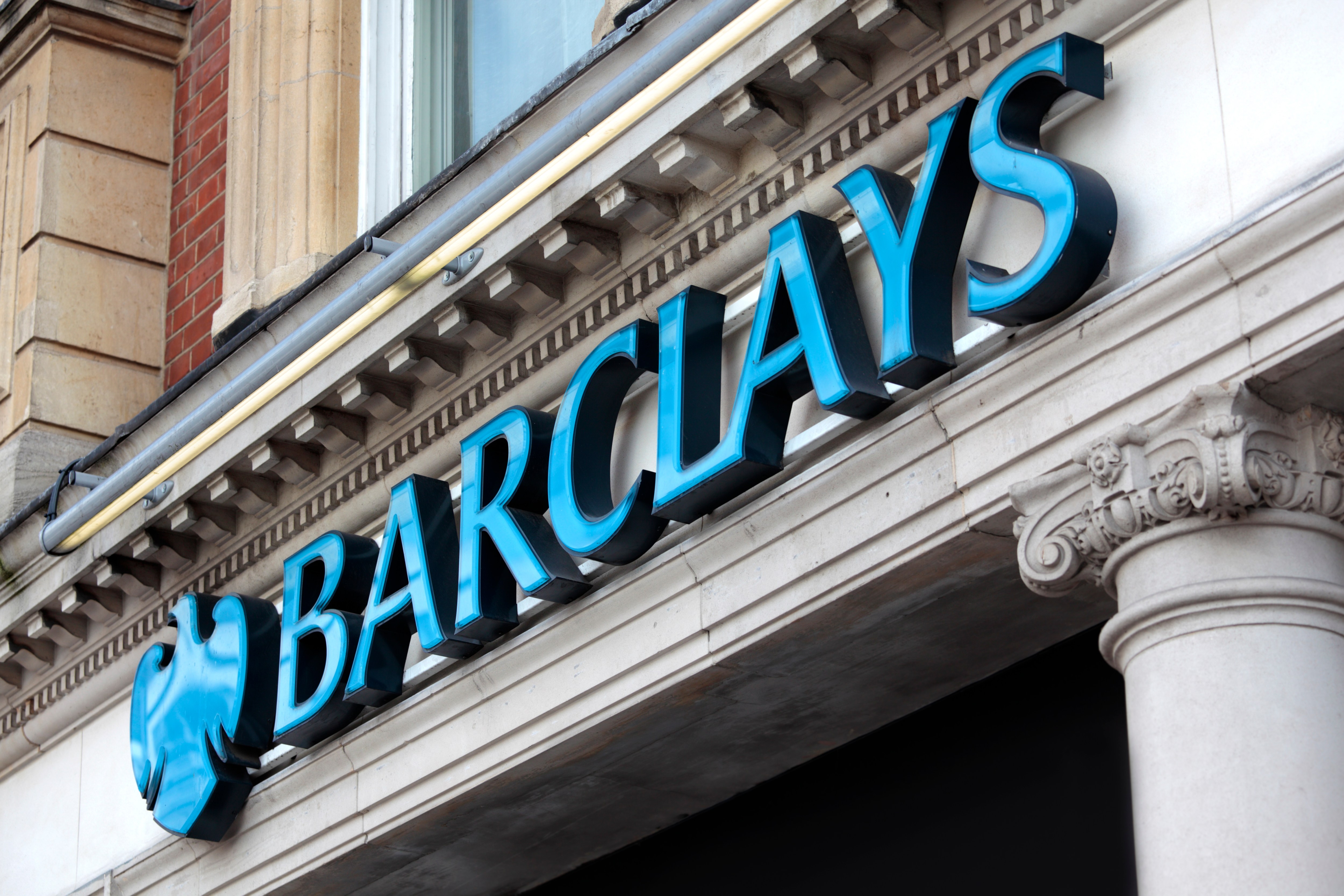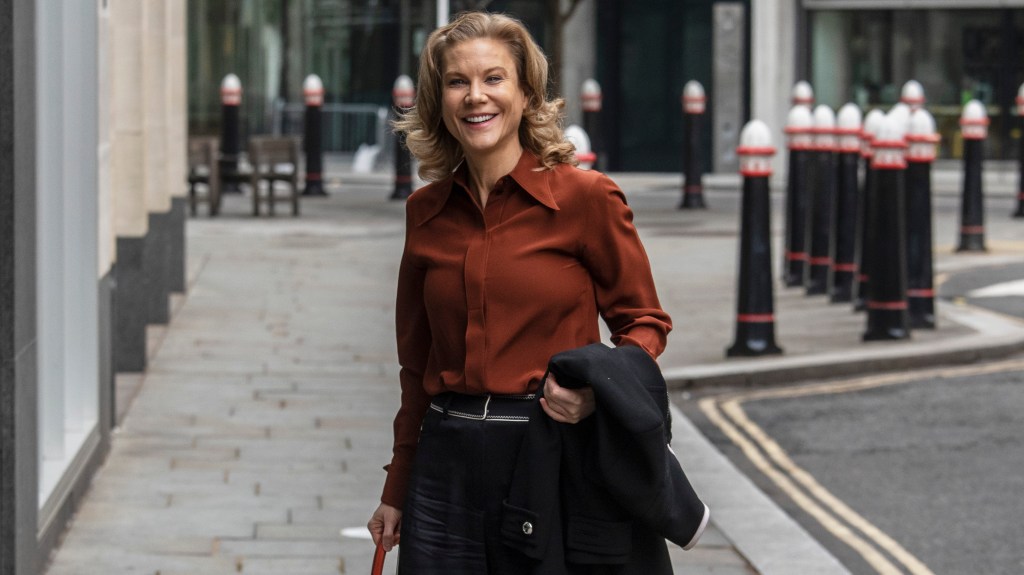Barclays Agrees to £40 Million Fine from FCA Over Qatar Dealings
Barclays has withdrawn its legal challenge against the Financial Conduct Authority (FCA) regarding its controversial transactions during the 2008 financial crisis, agreeing to pay a £40 million fine.
The major banking institution was prepared to contest the penalty in a lengthy court hearing scheduled to commence on Monday. However, just hours prior to the proceedings, Barclays announced its decision to cease its legal battle.
While Barclays disputes the regulator’s findings, it expressed a desire to “draw a line” under the issue, citing the significant time that has passed since the relevant events.
This ruling has highlighted a longstanding controversy that has previously been investigated through separate criminal and civil cases. With this latest development, Barclays has become the sole bank fined by the FCA for actions taken during 2008, a year marked by severe instability in the financial sector.
The case revolves around two essential fundraising initiatives that Barclays executed in June and October 2008, including prominent investors such as Qatar. These operations successfully amassed £11.8 billion, allowing Barclays to avoid the same fate as Royal Bank of Scotland (now known as NatWest) and Lloyds Banking Group, both of which were partially nationalized.
Despite the successful fundraising, Barclays has endured extensive scrutiny relating to additional arrangements that involved payments of £322 million to Qatari investors. The FCA claims that Barclays overlooked disclosure obligations, resulting in actions perceived as “reckless” and lacking in integrity. Increased transparency around these payments would have notably influenced the terms of the capital raises as presented to the public, according to the regulatory body.
More than a decade ago, the FCA signaled its intention to impose a £50 million fine and reaffirmed this decision in October 2022 while noting that Barclays was contesting these findings by taking the matter to the Upper Tribunal.
On Monday, Barclays stated, “Regardless of differing perspectives, we believe that the best course of action for the bank, its shareholders, and other stakeholders is to withdraw the appeals.”
The final penalty amount is lower than the original £50 million proposed, thanks to the bank’s willingness to settle.

Steve Smart, the FCA’s joint executive director of enforcement and market oversight, commented, “Barclays’ actions were significant misconduct, depriving investors of essential information. Nevertheless, we acknowledge that Barclays is now a markedly different entity, having made considerable changes over the years. It is critical that publicly traded companies deliver necessary information to investors.”
The Serious Fraud Office (SFO) had previously opened a criminal inquiry into the payments to Qatar, though efforts to prosecute Barclays culminated in failure in 2018. Four former Barclays executives, including former CEO John Varley, were subsequently acquitted. Varley was anticipated to serve as a witness for Barclays during the Upper Tribunal hearing.
The fees paid to Qatar were also central to an unsuccessful civil lawsuit in the High Court launched by financier Amanda Staveley, who was engaged in the fundraising efforts in October 2008.
Sixteen Years of Regulatory Scrutiny
As we mark 16 years since the pivotal events of 2008, the FCA has finally succeeded in imposing a fine on a bank for its crisis-era conduct.
For Barclays, this £40 million penalty concludes years of regulatory contention.
Investigations by both the Financial Services Authority (FSA), now the FCA, and the SFO began back in 2012 into two capital raises that included investor participation from Qatar.
In 2013, the FCA first proposed a £50 million penalty against Barclays for failing to publicize crucial details regarding its dealings with Qatari investors, at that time also indicating a potential £1 million fine for John Varley. However, these proceedings were put on hold while the SFO pursued its criminal case.
Ultimately, the SFO’s actions failed, leading to the dismissal of charges against Barclays in 2018 and Varley’s acquittal the following year. Three other former senior Barclays executives were cleared in 2020, leading the FCA to abandon its plans to sanction Varley.
Despite this, Barclays’ dealings with Qatar remained under scrutiny and were subjected to a civil claim by Amanda Staveley, whose firm PCP was integral to one of the 2008 fundraising efforts. The case garnered significant media attention in the summer of 2020, particularly due to sexist remarks made by Barclays executives about Staveley.
Although Staveley’s £660 million damages claim was dismissed in 2021, the judge concluded that Barclays had engaged in “serious deceit.”
The FCA later announced its intention to pursue a £50 million fine, which Barclays contested. The FCA also denied Kalaris’ application for a senior role in financial services due to providing “false and misleading evidence” during a 2013 interview concerning the fundraising.
An appeal by Kalaris against the FCA’s ruling was unsuccessful earlier this August. Barclays’ recent decision to withdraw its challenge to the FCA’s fine, which was reduced to £40 million, marks a significant win for the regulator, finally concluding even more than a decade’s worth of scrutiny into Barclays’ 2008 actions. However, Staveley’s PCP continues to seek arbitration with the bank regarding claims from that time, with Barclays actively defending against these allegations.




Post Comment